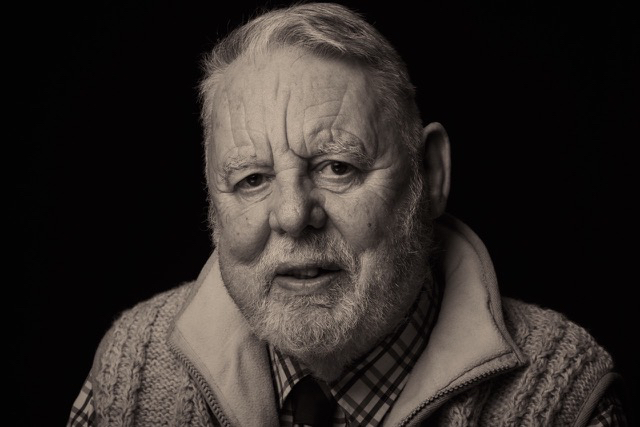
Reflecting on 2019, Hostage International welcomes Claudia’s Law
For most people the thought of having a loved one go missing or kidnapped is confined to chilling plot lines, novels or nightmares, but for those we help at Hostage International this nightmare is one that tragically has come true. We see family members besieged by worry, anxiety, with a desperation to do something, against a backdrop of hope.
For those who have a family member kidnapped Hostage International is here for them, offering emotional and practical support, as well as discreetly advocating for the rights of hostages and their families.
This practical support is as essential as the emotional care, in that there is so much to organise at a time of extreme stress. When an individual is taken hostage or detained arbitrarily, it is extremely difficult for those left behind to deal effectively with their financial affairs, property or other assets – such as bank accounts, mobile phone contracts and household bills. Most financial transactions rely on obtaining the signature of the individual who, by definition, is unable to provide one. There is nothing in the drop-down menus of financial institutions which deals with someone being held hostage or in arbitrary detention and no-one ever prepares to be held hostage.
As such, as we reflect on the work of this past year, Hostage International welcomes ‘Claudia’s Law’ as a major step forward for the families of those who are missing in establishing a new legal mechanism to deal with the property and financial affairs of a loved one.
Claudia’s Law – the Guardianship (Missing Persons) Act 2017 – came into force in 2019 in England and Wales, named after Claudia Lawrence who went missing in Yorkshire in 2009. The law is designed to help appropriate people to deal with the administrative side of a missing person’s life.
The Act empowers the court to appoint a trusted person to be the guardian of the property and financial affairs of the missing person. It enables the guardian to manage the missing person’s assets, property and financial affairs, preventing property falling into disrepair and preventing dependants facing legal and financial problems because they no longer have access to the financial support that the missing person provided.
It also enables individuals with a legitimate interest in the affairs of a hostage to apply to the court to be appointed guardian of the hostage’s affairs.
Where hostage taking or arbitrary detention is involved it is likely that the case will be dealt with by a Judge of the Chancery Division of the High Court, who has been briefed by Hostage International and others, who understands fully the need for confidentiality and sensitivity in hostage and detention cases.
The Court will hear the application sometime after the individual has been missing for 90 days, although application can be made before that time. Once the order has been granted by the Court then the appointed person (the guardian) has control over the missing person’s assets. Their behaviour will then be monitored by the Office of the Public Guardian, who will contact the guardian by post. The monitoring is to ensure that the guardian is behaving properly and legally with the best interests of the missing person at heart.
We hope that nobody should ever have to go through the distress of having a loved one taken hostage or detained arbitrarily; but should the worst happen, we hope that Claudia’s Law will help alleviate some of the practical stresses caused to loved ones at an already emotionally difficult time.
Further information can be found in the Code of Practice here.
December 2019



